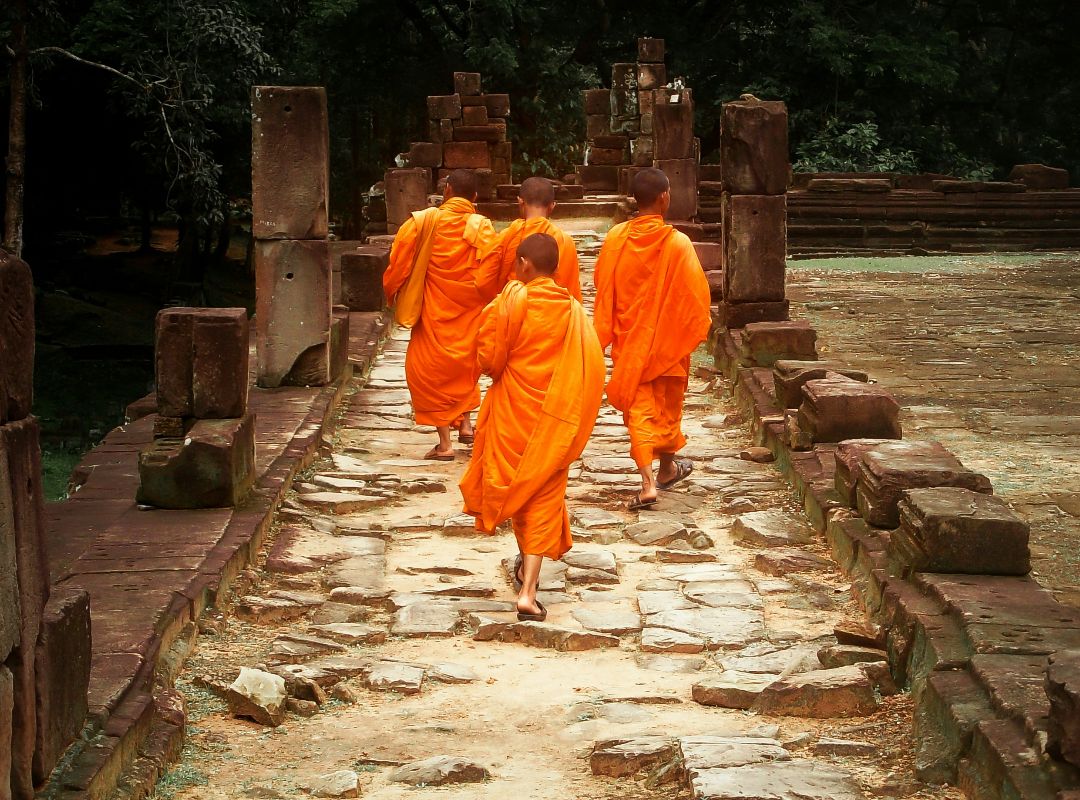Read our thoughts

The Fascinating History of Reincarnation
The concept of reincarnation, the belief that the soul is reborn into a new body after death, is as old as civilisation itself. This mystical idea has touched numerous cultures and religions across the world, weaving its way through the fabric of human history.
In ancient India, reincarnation was deeply entwined with the early spiritual traditions. The Vedic scriptures, dating back to 1500 BCE, make references to the cycle of birth, death, and rebirth known as samsara. This belief was later integrated into Hinduism, Buddhism, and Jainism, each with its unique interpretations.
Hinduism views reincarnation as a journey of the soul towards liberation. The soul, or atman, passes through various lives, accumulating karma based on actions in each life. The ultimate goal is to achieve moksha, or liberation from the cycle of rebirth.
Buddhism, founded by Siddhartha Gautama in the 5th century BCE, also embraces reincarnation. However, it focuses on breaking free from the cycle through enlightenment, or nirvana. Unlike Hinduism, Buddhism teaches that there is no eternal soul, but rather a continuity of consciousness.
Ancient Egyptians had a complex belief system about the afterlife, which included elements of reincarnation. They believed the soul consisted of several parts, including the ka (vital essence) and ba (personality). The ba was thought to leave the body after death and could move between the worlds of the living and the dead. The ultimate goal was for the soul to be reunited with the body and live eternally in the afterlife, which bears similarities to reincarnation.
Reincarnation wasn’t confined to the East. In ancient Greece, the philosopher Pythagoras is credited with introducing the concept of reincarnation in the 6th century BCE. He believed in the transmigration of souls, a journey of purification through multiple lives.
Plato, another renowned Greek philosopher, also wrote extensively about reincarnation. In his dialogue Phaedrus, he describes the soul’s journey towards truth and knowledge, passing through various bodies.
The Roman poet Virgil, in his epic Aeneid, alludes to reincarnation through the character of Aeneas, who visits the underworld and learns about the cycle of rebirth.
As Christianity spread across the Roman Empire, the belief in reincarnation began to wane in the West. However, certain early Christian sects, such as the Gnostics, held onto the idea of reincarnation. This belief was eventually deemed heretical by the established Church.
In contrast, reincarnation remained a core tenet in Eastern religions. Jainism, like Hinduism and Buddhism, views reincarnation as a cycle driven by karma. The Jain philosophy emphasizes strict ethical conduct and non-violence, aiming for liberation of the soul through right living.
Reincarnation also appears in various forms in other cultures and religions. The Druze, a mystical offshoot of Islam, believe in the transmigration of souls.
Native American tribes, like the Hopi and Navajo, have their own interpretations of rebirth and the continuity of life.
Reincarnation in Modern Times
In the modern era, reincarnation has captured the imagination of many beyond traditional religious contexts. The 19th and 20th centuries saw a resurgence of interest through the rise of spiritualism and the New Age movement. Influential figures like Madame Blavatsky, co-founder of the Theosophical Society, popularised the idea of past lives and karma.
Dr. Brian Weiss, a prominent psychiatrist, brought reincarnation into the modern medical field with his groundbreaking work. His book Many Lives, Many Masters (1988) chronicles his experiences with a patient who, under hypnosis, recalled past-life traumas that contributed to her present-day issues. Weiss’s work opened new dialogues about the incredible therapeutic benefits of past-life regression.
Today, reincarnation continues to intrigue and inspire people around the globe. Stories of past-life memories, often recounted by young children, have been fascinating subjects of scientific study. Whether viewed through the lens of religion, philosophy, or personal belief, the concept of reincarnation endures as a profound and captivating element of human thought.
The history of reincarnation is a testament to humanity’s enduring quest for understanding the mysteries of life and death. From ancient scriptures to modern spiritual teachings, the idea that our essence transcends a single lifetime offers comfort, purpose, and a deeper connection to the world and beyond.
Join our community today!
Embark on a transformative journey to awaken your soul and uncover your true self.
Are you ready to unlock the secrets of your past and embrace your authentic self? Sign up now to receive FREE monthly updates on past life regression.